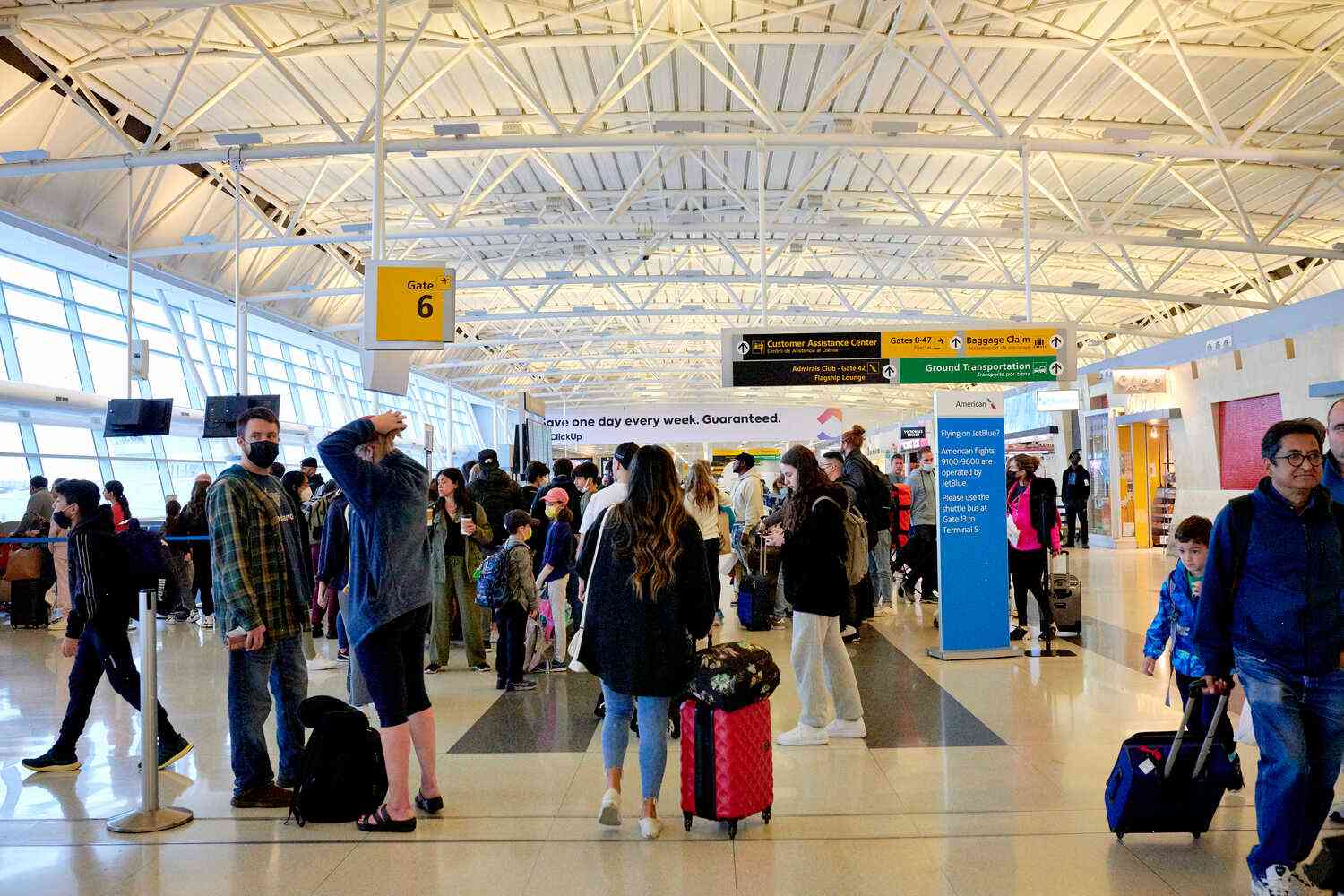Airlines Cash In as Flexible Work Changes Travel Patterns
The airlines are responding to the increased demand for a more flexible approach to work by allowing employees to work from home. The move is especially beneficial to those who often travel for long work days, such as truckers and construction workers. They can arrange to work at least part of the time from their home office with the help of co-workers, allowing them to free up time to return to work after a long day of travel.
Anita Chabot from U.S. Airways told Reuters that the company has been offering this service since last spring as a way to boost productivity.
ADVERTISEMENT
“At this time, we are experiencing growth, and productivity is our number one priority,” Chabot told Reuters.
Airlines are also experimenting with a new model that offers more freedom to workers who live and work in cities other than their hometowns. The new model, called commuter-to-commuter, is also being marketed to more business clients, including financial services firms and restaurants.
Companies are not just offering flexibility, they are also asking workers to change how they work. Employees who used to work only one or two shifts a week are now being asked to work more.
“We’re asking them to change their work patterns,” Jim McAlister, a director of training development for the Association of Flight Attendants Local 1286, told the St. Louis Post-Dispatch. “That will make them better employees.”
The airline industry has seen a major shift in worker demands over the last decade. In 2004, more than 10 million total workdays were estimated to take place through the day. While this number has dropped to about 2.5 million in 2011, it is projected to grow by 20% by 2014.
The rise of flexible work has been spurred by technology advances that have made it easier for companies to recruit workers, including those from outside the United States and the European Union.
“When you look at some of the changes going on in

